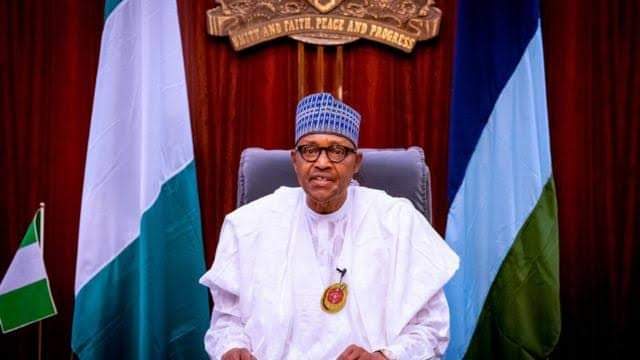Barring any last-minute change of plans, the Federal Government will begin payment of the planned increase in civil servants’ pay by the end of this month (April), IgbereTV has learned.
The President, Major General Muhammadu Buhari, retd, is expected to give his final assent for disbursement any moment from now.

Muhammadu Buhari
If the proposal sails through, it means the increase will be coming about two months to the June date proposed for the removal of petrol subsidy.
Officials of the Federal Government told The PUNCH exclusively that the fresh pay increase, tagged consequential allowance, would lead to a 40 per cent rise in the current pay of government workers.
Speaking exclusively with The Punch, the Director of Press and Public Relations, Ministry of Labour and Employment, Olajide Oshundun, revealed that the Federal Government might begin payment of the 40 per cent pay rise by the end of April this year, adding that the three months arrears of January, February and March would be paid at a later date.
Oshundun, however, said she could not confirm if the proposal by the government committee saddled with the task had been finally approved by the President.
He said, “Consequential allowance Salaries will be increased by 40 per cent for civil servants from level 1 to level 17.
“What we receive now is called consolidated public service salary structure, it is the combination of basic and all allowances. So, the increase will be 40 per cent of what a public servant is earning now.
“They will start paying from the end of this month (April) and the arrears of January, February and March will be paid later. The salary increase is effective from January 2023. That is the proposal submitted by the committee set up to look into salary adjustment for civil servants, but am not sure if the President has signed it yet.”
Last month, the Minister of Labour and Employment, Chris Ngige disclosed that the Federal Government had approved a pay raise for civil servants in the country.
He added that the pay rise had been included in the 2023 budget, noting that it would take effect from January 1, 2023.
Ngige described the pay raise as a peculiar allowance for civil servants in view of the current economic reality and it is meant to help government workers to cushion the effects of rising inflation, rising cost of living, hikes in transportation fare, housing and electricity tariffs.
The Punch reports that Nigeria’s headline inflation increased to 22.04 per cent year-on-year in March, the highest rate since September 2005.
According to the National Bureau of Statistics data, the latest rise in inflation rate is the third consecutive increase this year, increasing by 0.13 per cent points when compared to the February 2023 headline inflation rate.
The NBS added that the cost of food and beverages contributed significantly to overall inflation.
Stay with IgbereTV, Africa’s number one online community TV







